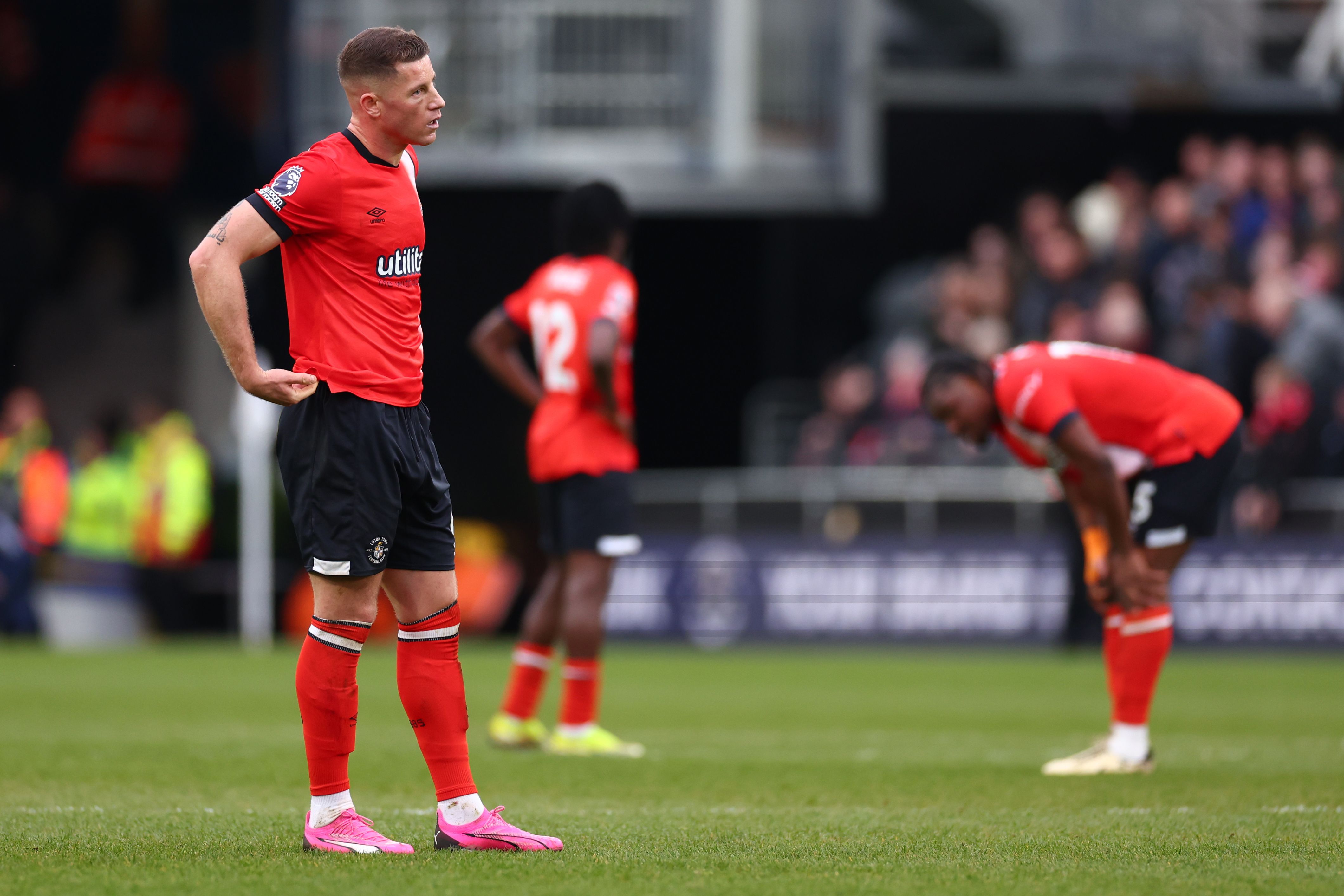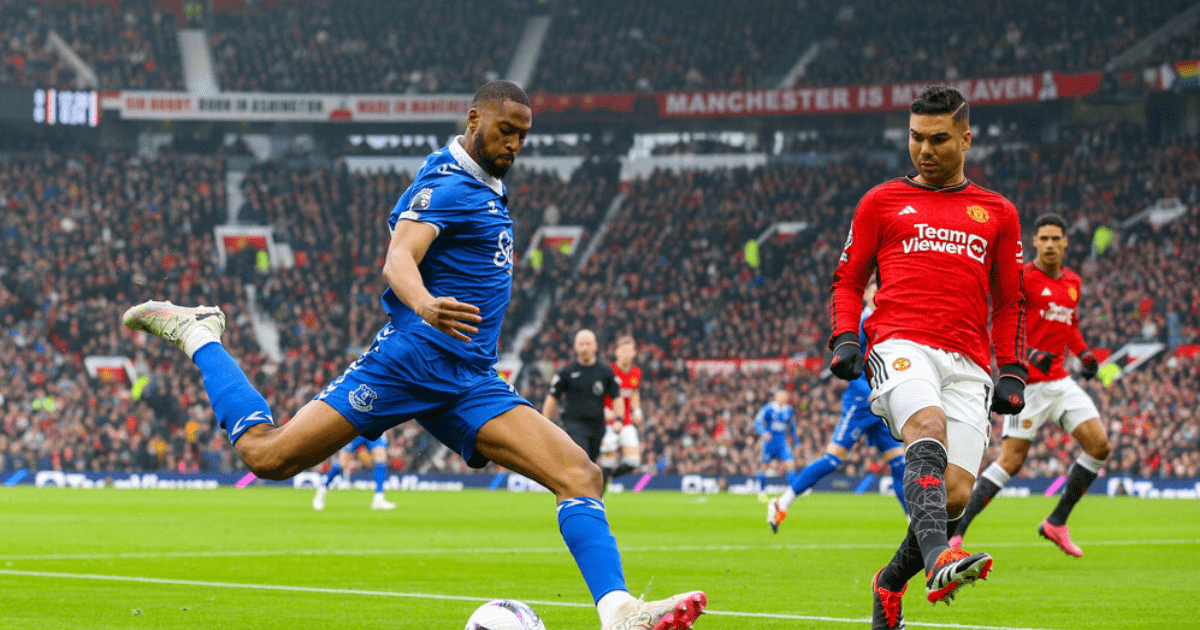New Independent Football Regulator
Premier League clubs could be hit with fines exceeding £50 million if they do not cooperate with the Government's newly proposed Independent Football Regulator. The measure, set to be introduced in the Commons with cross-party support, aims to impose stricter regulations on club finances and ownership.
Regulator's Powers
The Independent Football Regulator will have the authority to enforce financial agreements between the Premier League and the EFL, remove rogue owners, and prevent clubs from joining any potential breakaway leagues. Additionally, clubs could face penalties of up to 10% of their turnover for non-compliance.
Government and Club Responses
Tory MPs believe the regulator will prevent financial crises like those seen at Bury, Derby, Wigan, Bolton, and Rhyl in recent years. Premier League officials expressed the importance of club sustainability and community involvement but raised concerns about potential negative impacts on the competitiveness of English football.
On the other hand, EFL CEO Rick Parry sees the new legislation as a crucial step towards securing the financial stability of lower-league clubs and creating a fair playing field for all teams.

Frequently Asked Questions
What is the importance of teamwork and how can you encourage it?
It is important to have a team spirit in football. This is because the success of any team depends on how well all members work together. It can be fostered by developing a deep understanding of the team’s strategies and each team member’s role within them. Trust and communication are essential on and off-field. Team bonding exercises and setting collective goals can increase the sense of team unity and commitment. A positive team culture, encouraged by respectful and supportive behavior, also nurtures teamwork.
How do I become a competent football goalkeeper
Becoming an excellent goalkeeper requires special training that focuses on agility, positioning, and reflexes. A goalkeeper should be proficient in stopping shots, commanding the penalty area with catching and punching skills, and distributing both with hands and feet. Goalkeeping is also a combination of mental resilience, making decisions under pressure, and communicating effectively with the defense. Consistent practice, constructive feedback from coaches, and analyzing performances to identify areas for improvement are essential in mastering the art of goalkeeping.
What are some strategies I can use to keep motivated and focused while improving my football abilities?
To stay motivated and focused, it is important to set clear goals that you can achieve and track your progress. Reviewing performance during training sessions and matches on a regular basis can identify strengths that need to be developed and areas where improvement is needed. Joining a group of players or finding a training partner can help foster relationships that promote persistence. A positive attitude and visualizing your success are also powerful tools for motivation. To keep practice engaging, incorporate variety into your training routines. Allowing for enough rest and recuperation is another important strategy to maintain motivation.
What are essential skills for a good footballer?
A player who wants to play great football must have a combination technical, tactic, physical and mental skills. Technical skills include dribbling the ball, shooting, and passing. Tactical understanding includes the ability to understand the game and its rules, including positioning, movement, decision-making, etc. Performance is largely determined by physical attributes like speed, endurance and strength. Finally, mental toughness, focus, and the ability to remain calm under pressure are critical for maintaining performance throughout a match.
What is the most effective physical conditioning for football players?
A football player’s conditioning program should be well-rounded, focusing on all aspects. It includes endurance exercises, sprint training, power training, and flexibility training. A variety of sport-specific training drills can be used to help prepare your body for the physical demands football requires. By working with a certified trainer or fitness expert, you can customize the program according to your needs.
Statistics
- Players who train for more than 10 hours a week show a 20% improvement in technique compared to those who train for less time.
- Teams that prioritize teamwork in training sessions increase their passing accuracy by an average of 15% in competitive matches.
- Defensive units that practice coordinated drills together at least twice a week concede 18% fewer goals in match play.
- Studying match footage for at least 4 hours a week can lead to a 10% improvement in a player’s tactical awareness on the field.
- Football players who follow a structured fitness regimen can see up to a 7% increase in their on-field speed and agility benchmarks.
External Links
uefa.com
topendsports.com
soccercoachweekly.net
ussoccer.com
ffacoach.com
How To
How to improve your football tactical intelligence
You can improve your football tactical intelligence by studying how top teams play. Focus on the player’s positioning, the timing of their runs, and how they transition between plays when you are watching professional football matches. Regularly play small-sided matches that mimic match scenarios to sharpen your decision making skills. Engage with a coach or a mentor to analyze your gameplay, and discuss strategic adaptability. Reading books on football tactics and regularly attending tactical workshops can also broaden your knowledge base and improve your in-game acumen.
Did you miss our previous article…
https://www.sportingexcitement.com/football/premier-league/manchester-united-ready-to-swap-jadon-sancho-for-donyell-malen/

